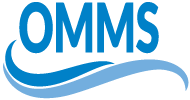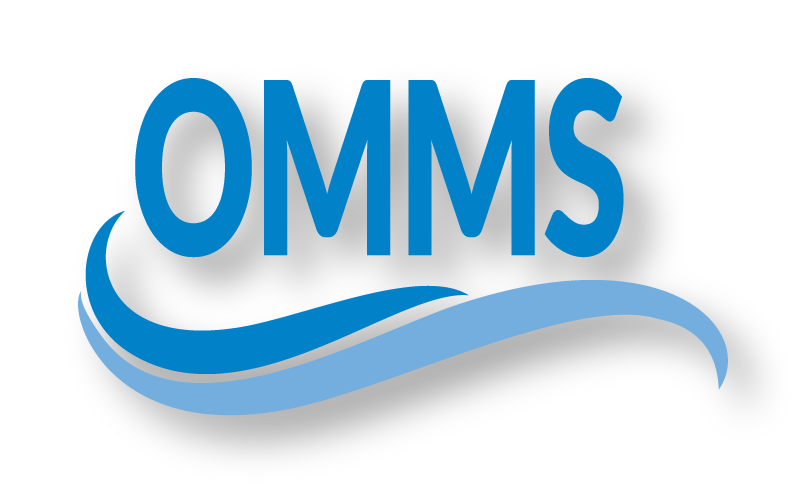Fats. Oils. Grease.
Don’t Clog,
Trash the FOG!
Trash the FOG!
Fats. Oils. Grease.
![]()
You play an essential role in ensuring your sewer system works as expected! An easy way to avoid sewer backups and overflows caused by fats, oils, and grease (FOG) is by putting those items in the trash rather than the drains. When FOG-containing items from cooking (meat fats, dairy products, cooking oils, shortening, butter and margarine, food scraps, baked goods, sauces, and soups) go down the kitchen sink drains and garbage disposals, they build up inside the sewer pipes. When grease gets into a sewer line, it sticks to the inside of the pipes, both on your property and in the streets, and over time can eventually block the entire pipe.
Although drains might seem like a convenient way to dispose of unwanted food items and small paper products, washing them down the drain or flushing them down the toilet can result in sewer backups and overflows. Beyond creating foul odors, these backups and overflows can present health hazards due to raw sewage on your property and possible contact with disease-causing organisms. They can damage home interiors, hurt the environment, and increase sewer service costs.
Dispose of fats, oils, and grease properly with three easy steps:
![]()
Can it!
Once cooled, pour leftover oils and grease into a sturdy container.
![]()
Scrape it!
Before washing, scrape out fats, oils, and grease from pots and pans.
![]()
Trash it!
Put fatty and greasy food scraps in the garbage, not down the drain.
![]()
Can it!
Once cooled, pour leftover oils and grease into a sturdy container.
![]()
Scrape it!
Before washing, scrape out fats, oils, and grease from pots and pans.
![]()
Trash it!
Put fatty and greasy food scraps in the garbage, not down the drain.
How you can prevent sewer backups and overflows from happening:
- Don’t pour grease down sink drains and toilets
- Pour small amounts of grease into a non-recyclable container and put the container in the trash
- Scrape grease and food scraps from plates, pots, utensils, and cooking surfaces before you start washing
- Don’t rely on chemicals and additives that claim to dissolve grease
- Avoid throwing rags, wipes (including flushable wipes), and paper towels down the drain or toilet


